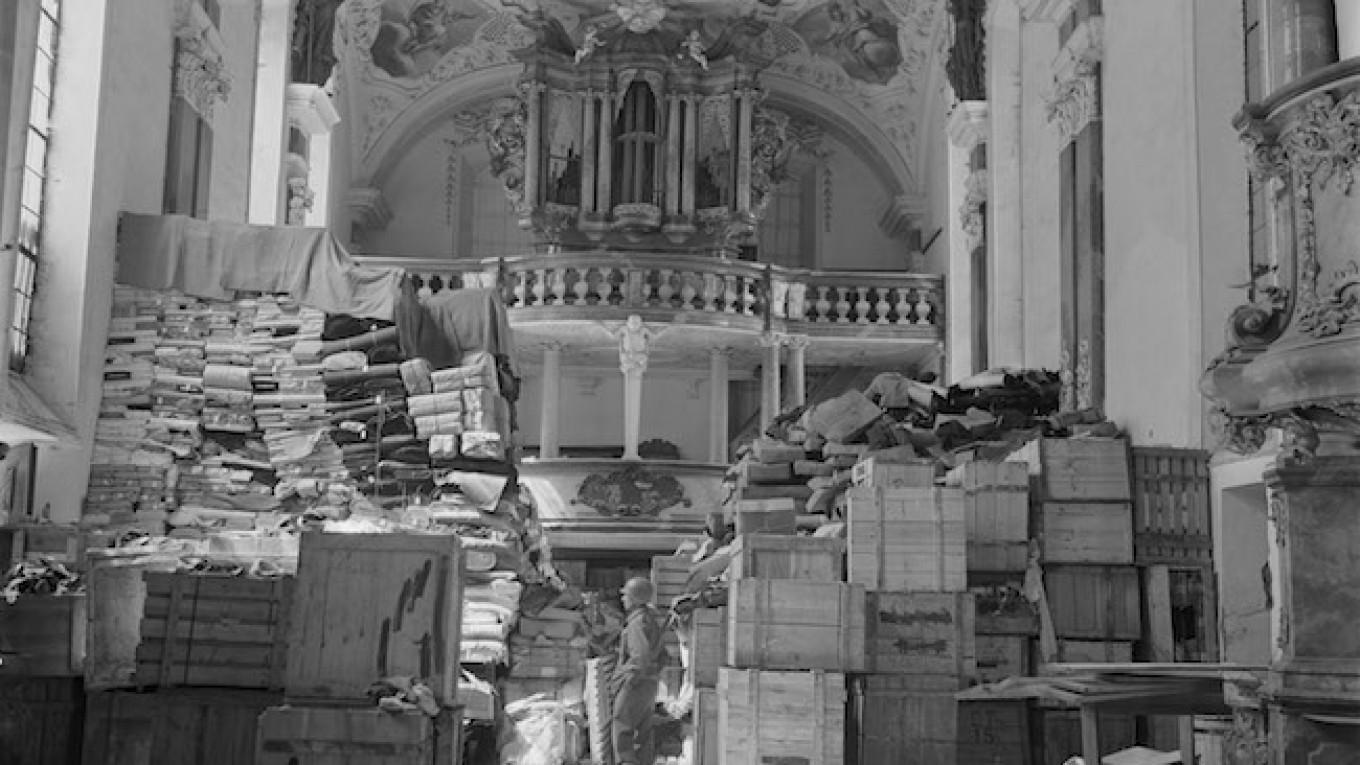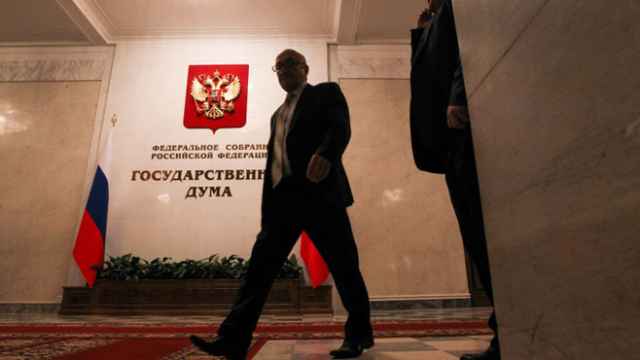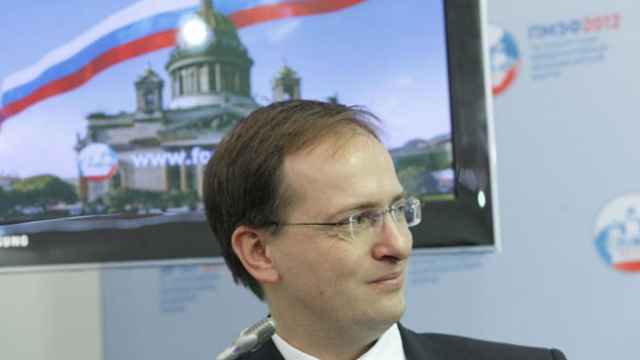A Russian art dealer accused by Polish authorities of illegally possessing an 18th-century painting stolen during World War II by Nazi Germany is challenging his extradition from the United States.
Alexander Khochinskiy, 64, filed papers late Thursday in a federal court in Manhattan seeking to dismiss an extradition complaint that formed the basis of his arrest in New York in February.
Since 2012, Polish authorities have sought Khochinskiy's arrest for unlawfully acquiring "Girl with a Dove," a 1754 painting by Antoine Pesne, according to court papers.
They say the painting, which was cataloged in 1931 by the Wielkopolska Museum in the Polish city of Poznan, was taken during a looting by the German Third Reich in 1943.
The painting was found by the Russian Army in 1945, where it became part of a repository of the former Soviet Union, the extradition complaint said.
It is one of 63,000 pieces that the Polish Ministry of Culture and National Heritage says were lost in World War II.
A judge in Poznan ordered Khochinskiy's arrest in 2012. U.S. authorities arrested Khochinskiy, who now lives in an apartment in Manhattan, on Feb. 26. He was later released on a $100,000 bond.
In the court papers filed on Thursday, Khochinskiy's lawyers argued that the alleged offense was not an extraditable one and instead reflected a "complex international civil ownership dispute."
They said he had initiated contact with Poland about selling the painting in 2010 after learning the country believed it was looted.
Under Russian law, his lawyers say he became the legal owner of the painting after inheriting it from his father, who hung the painting for years in his apartment in Leningrad and died in 1991.
While Khochinskiy was open to negotiating with Poland, his lawyers said he faced legal hurdles as the painting remained in Russia, which they say prohibits exporting cultural valuables obtained from Germany and its allies during the war.
Under Russian law, Khochinskiy can only convey the painting to Poland if it offers fair compensation and Russia authorizes it, his lawyers said.
"There is not a crime here; there is only a failed negotiation," his lawyers wrote.
U.S. District Judge Jed Rakoff has scheduled arguments on Khochinskiy's motion for May 8.
A spokeswoman for Manhattan U.S. Attorney Preet Bharara, whose office is handling the extradition, declined to comment.
A Message from The Moscow Times:
Dear readers,
We are facing unprecedented challenges. Russia's Prosecutor General's Office has designated The Moscow Times as an "undesirable" organization, criminalizing our work and putting our staff at risk of prosecution. This follows our earlier unjust labeling as a "foreign agent."
These actions are direct attempts to silence independent journalism in Russia. The authorities claim our work "discredits the decisions of the Russian leadership." We see things differently: we strive to provide accurate, unbiased reporting on Russia.
We, the journalists of The Moscow Times, refuse to be silenced. But to continue our work, we need your help.
Your support, no matter how small, makes a world of difference. If you can, please support us monthly starting from just $2. It's quick to set up, and every contribution makes a significant impact.
By supporting The Moscow Times, you're defending open, independent journalism in the face of repression. Thank you for standing with us.
Remind me later.






